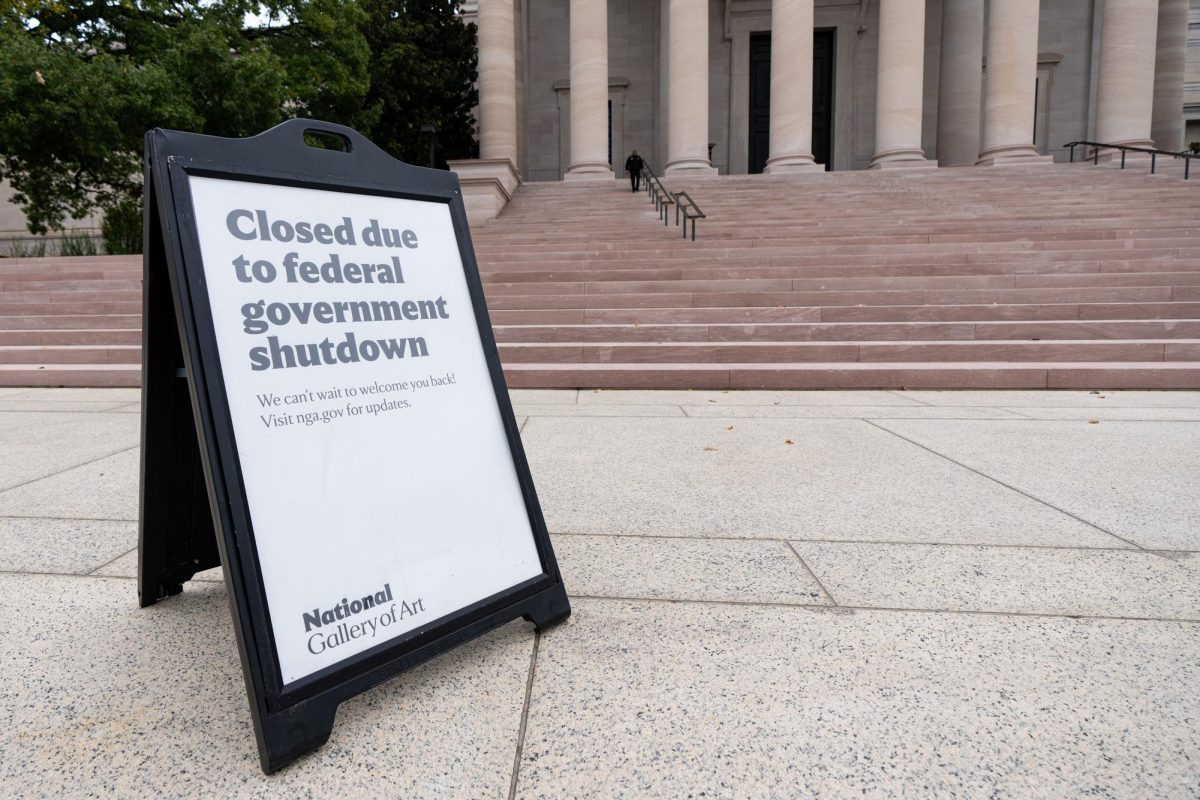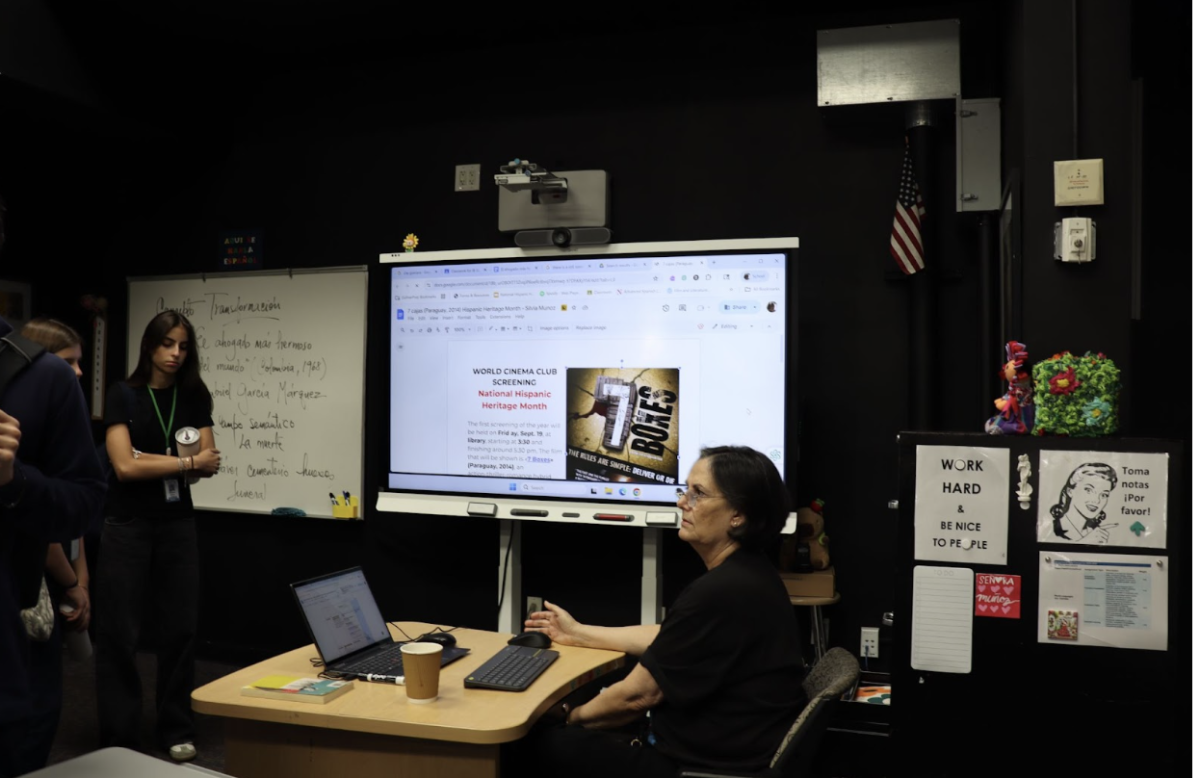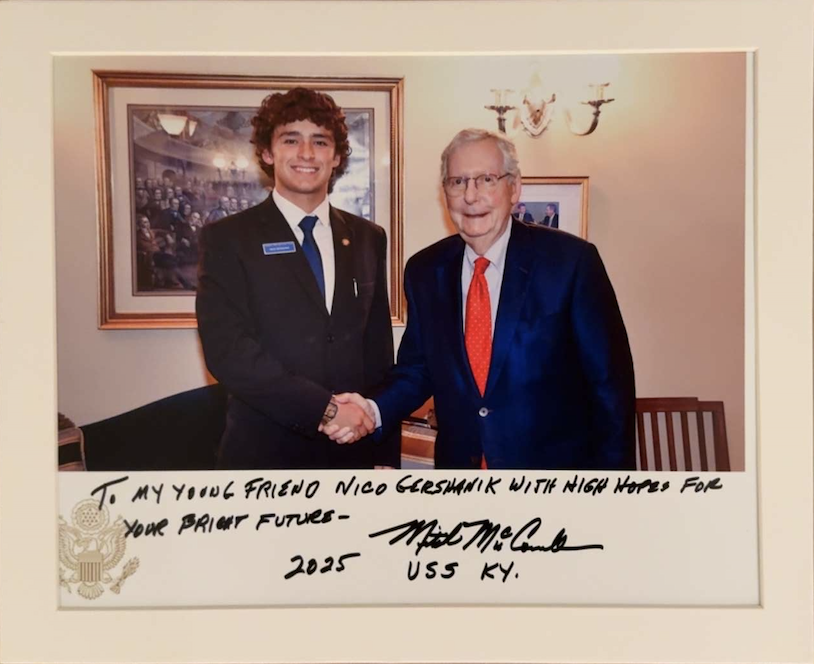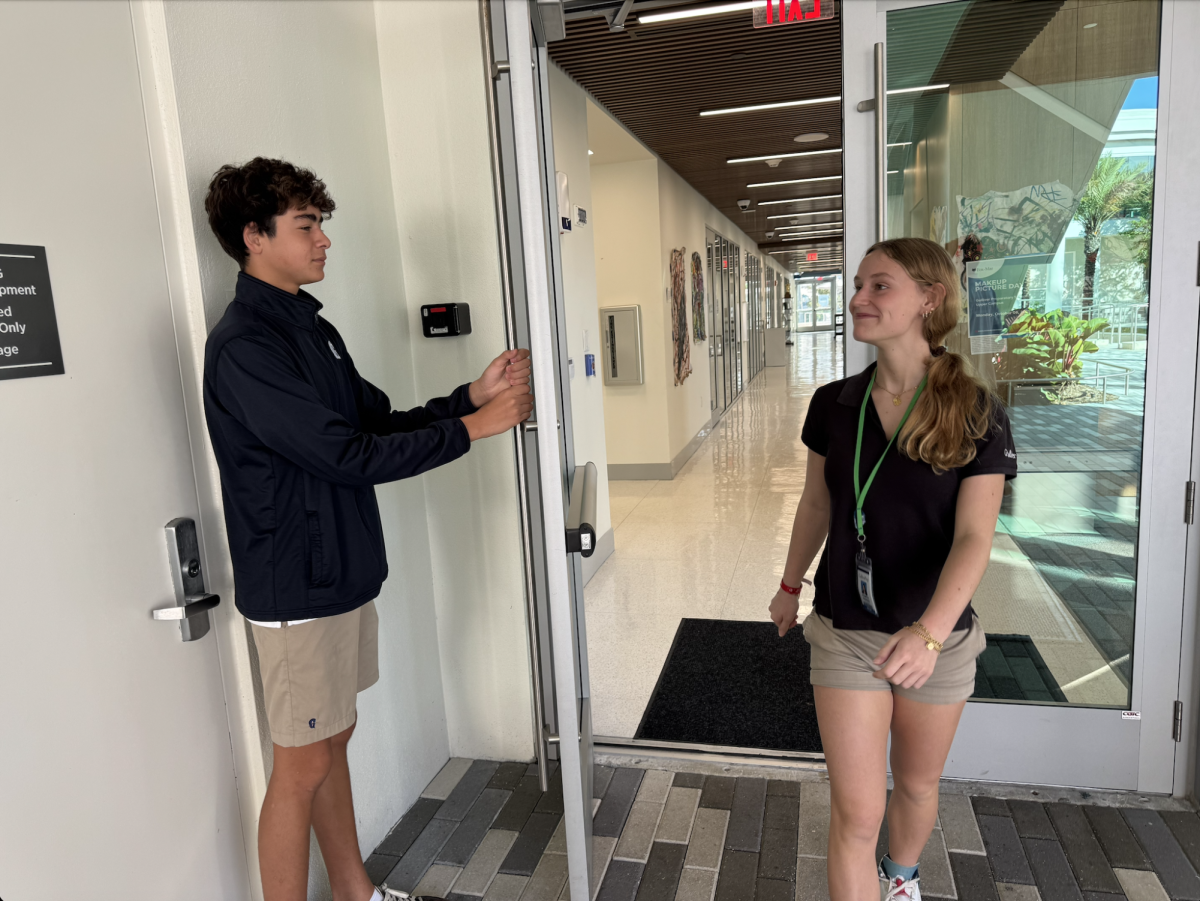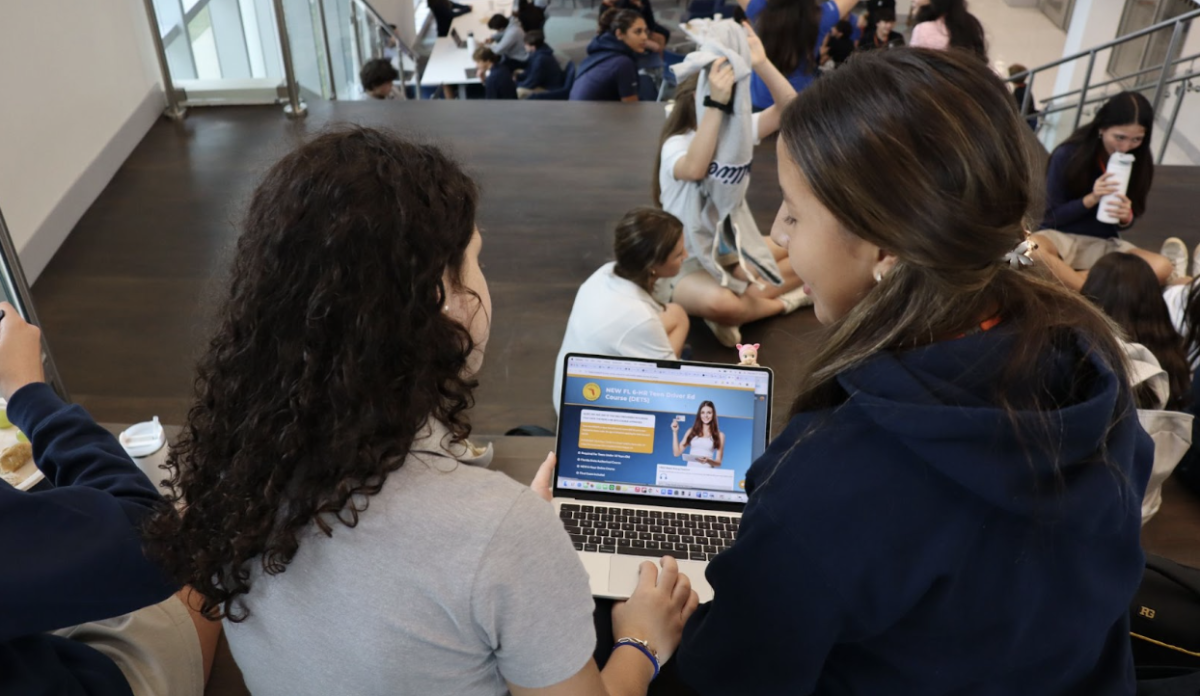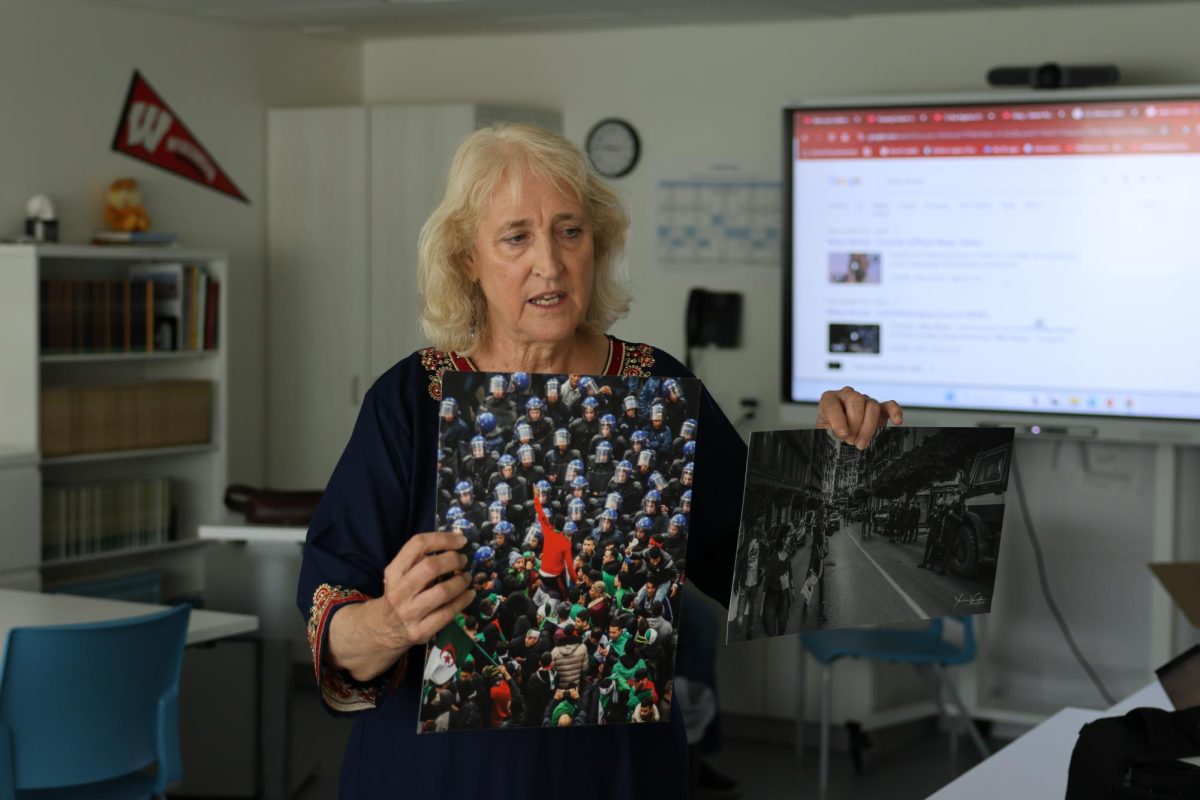With the 2024 presidential election less than three months away, social media platforms like TikTok and Instagram serve as mainstream political sources for Gen Z and Millennial voters. However, many young voters question whether these platforms provide accurate and balanced coverage.
тАЬWith [TikTok and Instagram], weтАЩre being fed videos that make us angry and ultimately get more clicks,тАЭ senior Jan Garcia said.
The TikTok algorithm is particularly influential, selecting videos for each user based on their past interactions on the app. The content on each personтАЩs For You Page (FYP) is unique and constantly evolving.
Garcia, aware of the algorithmтАЩs effectiveness at shaping beliefs, tries to avoid political videos on the platform. тАЬThe app tends to show videos that align with your views, which can suppress exposure to opposing perspectives,тАЭ he explained.
GarciaтАЩs concern is shared by others, yet the majority of seniors continue to rely on TikTok and Instagram for their political information. In a recent survey conducted by the Student Council on the @gulliver2025 Instagram account, 63.5% of the 194 seniors who responded stated that they get their political information on social media, while only 17% watch news channels like CNN, Fox, and MSNBC. Additionally, less than 15% of seniors get their news from word of mouth and 5.25% read the newspaper.┬а
Gabriel Medina, Program Director of International Diplomacy and Legal Studies, expressed a broader concern about the impact of social media on political unity. тАЬI used to be very excited and hopeful for the future, but I’m not anymore. I just feel that because of social media existence, we can never be unified,тАЭ Medina said, emphasizing the need for solutions. тАЬUntil someone can figure out the problem with the algorithm and adhere positively to both sides, we are in a bad state.тАЭ
For senior Luna Duran, family significantly influences her political views. “My dad has shaped my opinion a lot because he is very knowledgeable about politics.” Although Duran approaches his opinions with some skepticism, she recognizes that his insights have a strong impact on her political stance.┬а
As these seniors prepare to vote for the first time, the sources they rely on for information тАФ whether social media, family, or traditional news тАФ will play a crucial role in their decision-making process. Navigating this landscape, many seniors strive to make informed and balanced choices at the polls.┬а




